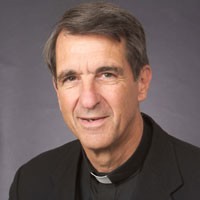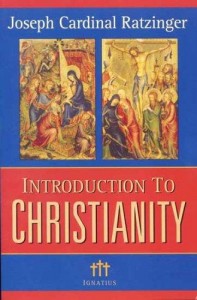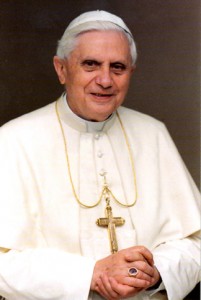Podcast: Play in new window | Download (Duration: 29:14 — 20.2MB) | Embed
Subscribe: Apple Podcasts | Spotify | Amazon Music | Android | Pandora | iHeartRadio | JioSaavn | Podchaser | Gaana | Podcast Index | Email | TuneIn | Deezer | Anghami | RSS | More

Why We Need Prayer – The School of Prayer: Reflections on the teachings of Pope Benedict XVI
“Life without prayer has no meaning or points of reference”. The relationship between the Father and the Son and the Holy Spirit is so essential to our understanding of prayer. The meaning of the Church. Suffering the coming of the Holy Spirit. Jesus is the face of God. Do not be afraid, He will teach you happiness.
Deacon James Keating, Ph.D., is a professor of Spiritual Theology and serves as a spiritual director at Kenrick Glennon Seminary in St. Louis, MO.
From Pope Benedict’s 1st audience on prayer:
Human life is a fabric woven of good and of evil, of undeserved suffering and of joy and beauty that spontaneously and irresistibly impel us to ask God for that light and that inner strength which support us on earth and reveal a hope beyond the boundaries of death.
In the examples of prayer of the various cultures which we have considered, we can see a testimony of the religious dimension and of the desire for God engraved on the heart of every human being, which receives fulfilment and full expression in the Old and in the New Testament. The Revelation, is in fact purifying and brings to its fullness man’s original yearning for God, offering to him, in prayer, the possibility of a deeper relationship with the heavenly Father.
At the beginning of our journey in the “school of prayer” let us now so that the relationship with him in prayer may be ever more intense, affectionate and constant. Once again, let us say to him: “Lord, teach us to pray” (Lk 11:1).
For more episodes visit: The School of Prayer: Reflections on the teachings of Pope Benedict XVI


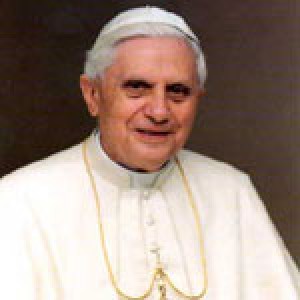
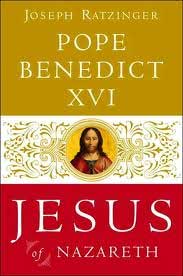
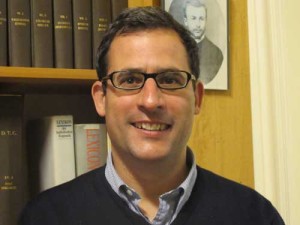 On October 11, 2012, I began recording a series for Discerning Hearts with Dr. Adrian Walker, which we recorded at “
On October 11, 2012, I began recording a series for Discerning Hearts with Dr. Adrian Walker, which we recorded at “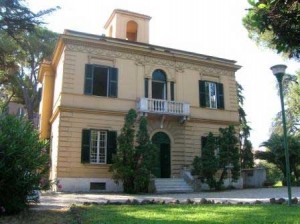 The Casa, located in Rome, was founded in 1990 by a group of friends and is directed by Rev. Jacques Servais, S.J.; Joseph Ratzinger (Pope Benedict XVI) has been closely associated with the
The Casa, located in Rome, was founded in 1990 by a group of friends and is directed by Rev. Jacques Servais, S.J.; Joseph Ratzinger (Pope Benedict XVI) has been closely associated with the 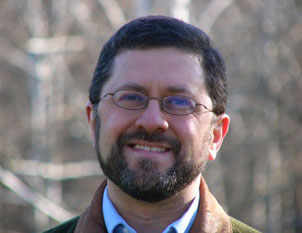 ary 28 is the day the Catholic Church honors St. Thomas Aquinas. The Italian saint was a priest and is widely recognized as being one of the most influential figures in the study of theology. Mike Aquilina who he refers to him as the “poet laureate of heaven”.
ary 28 is the day the Catholic Church honors St. Thomas Aquinas. The Italian saint was a priest and is widely recognized as being one of the most influential figures in the study of theology. Mike Aquilina who he refers to him as the “poet laureate of heaven”.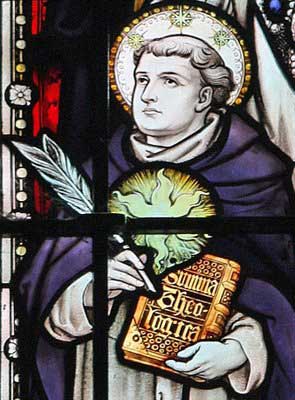
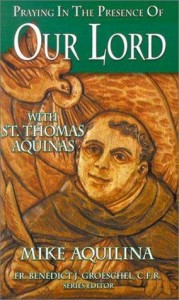


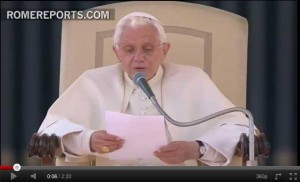
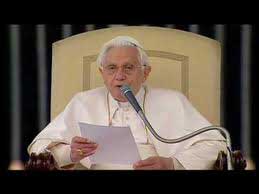
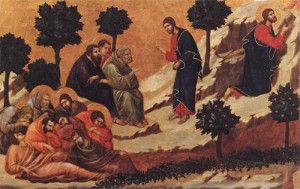
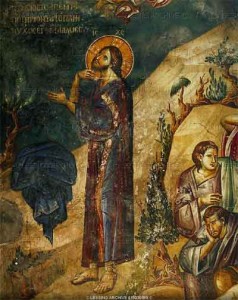


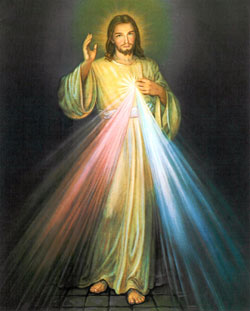
 raise the
raise the 

 hy, O
hy, O 